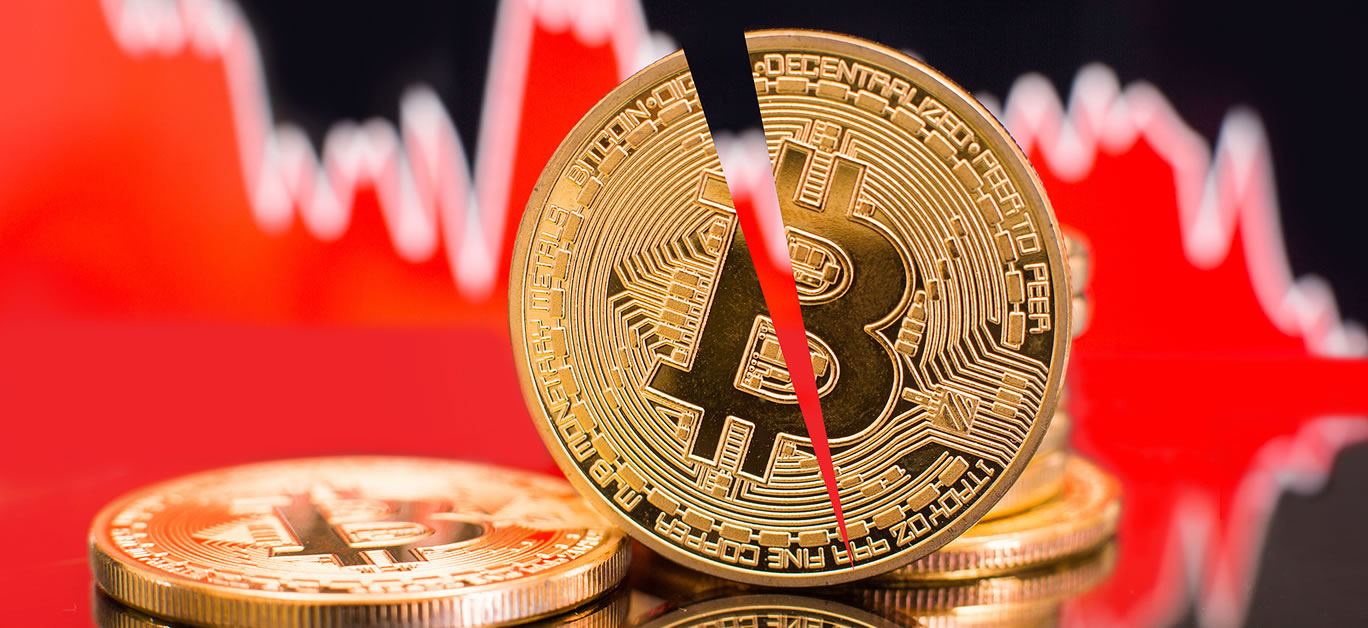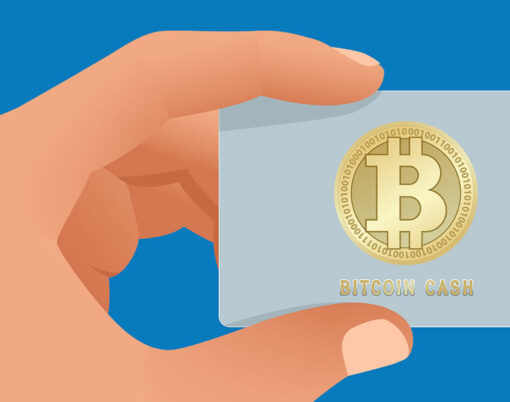With one Bitcoin, also known as BTC, currently standing at a value of more than $60,000 and continuing to climb, this innovative digital currency is continuing to make waves in the financial investment world, and if you’ve yet to get your hands on a share of the world’s fastest growing crypto, then there’s no better time to do so.
But, why exactly is Bitcoin’s value continuing to soar? Much of this can be put down to the Bitcoin halving events that have taken place since its inception, and that are regarded as the most significant and hotly anticipated events in the Bitcoin community. There have been three Bitcoin halving events so far, with each leaving a mark on its current value as well as impacting the longer-term trajectory of Bitcoin’s price.
In fact, one of the primary reasons that Bitcoin has been on a bull run since 2020 is because of the halving event that took place on 12 May 2020 – right at the height of the ongoing Covid-19 pandemic. Want to learn more about how the halving events have changed the price of Bitcoin over the years? Here, we give you the full lowdown.
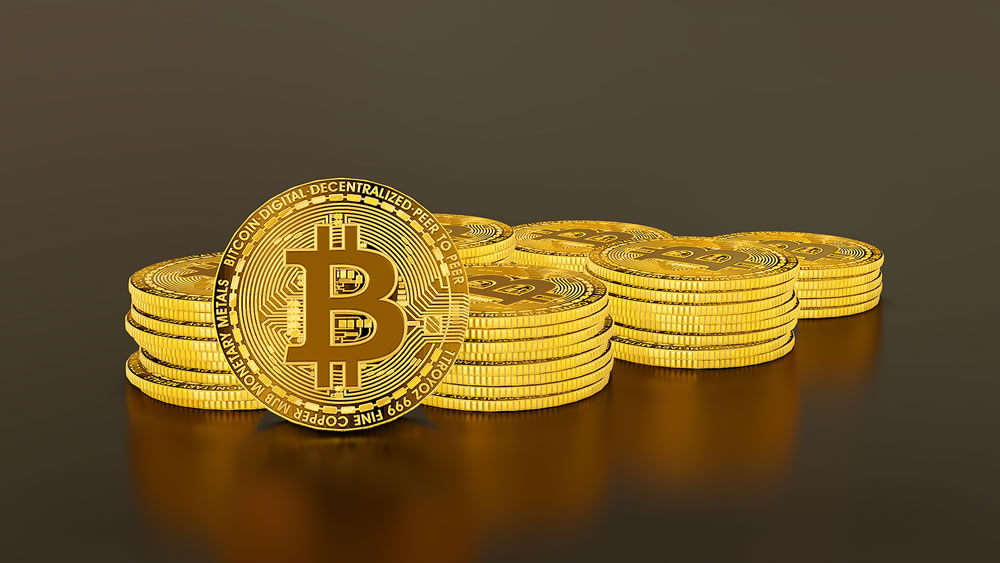
What is Bitcoin halving?
The purpose of Bitcoin halving is to control the influx of new BTC in the market, whilst also regulating the inflation rate of this cryptocurrency. Each halving event is scheduled to occur after 210,000 blocks are added to the network. The process lasts about four years, and afterward, the event cuts miners’ block rewards in half.
The primary reason that Bitcoin halving has such a dramatic impact on Bitcoin’s value is the fact that the entire supply of BTC is restricted to 21 million. So, when the regular flow of BTC is cut in half, the increased demand in relation to the supply of Bitcoin naturally drives prices higher.
One of the perhaps less savoury consequences of Bitcoin halving for miners, though, is the increased costs of the mining process. The block reward is still the biggest reimbursement for working as a miner, so when this decreases, they are forced to work harder for the desired results. Nonetheless, Bitcoin’s ever-increasing value is an incentive for them to continue. To keep the momentum going, Bitcoin has a process which regulates the difficulty of reaping mining rewards – so should a halving event ever take place where value doesn’t sufficiently increase, the difficulty would be reduced to keep miners in the game.
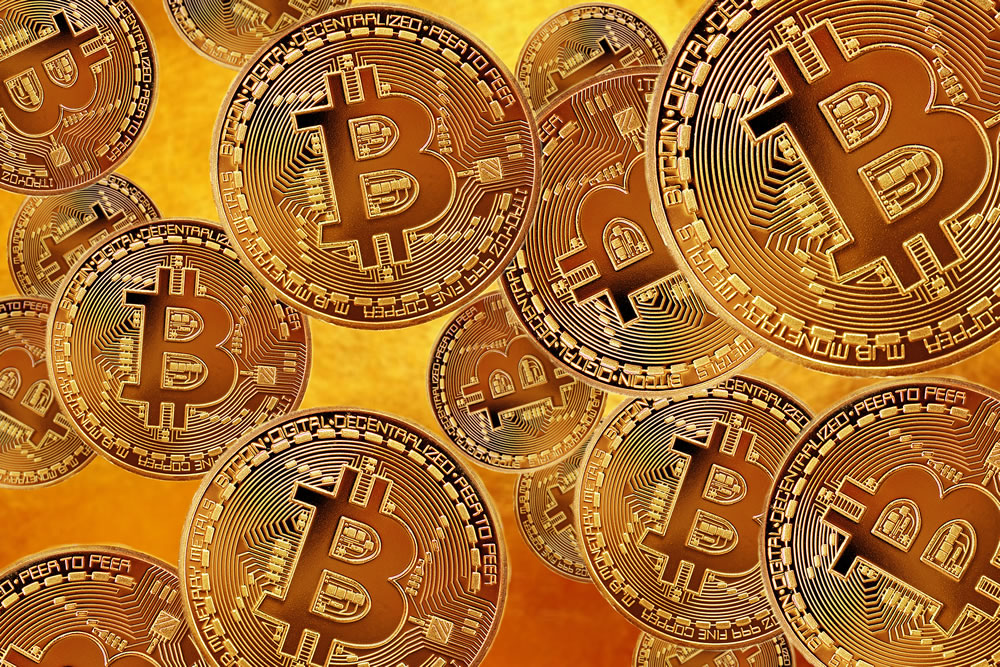
The number of mining farms and pools, which is a form of organised mining as a group, have grown exponentially over the years as halving events have continually reduced the block reward.
Due to the costs of mining, the appeal of online trading has increased, and there is a huge number of trading sites. The Bitcoinera.app is an automated trading site that has been experiencing an increase in uptake since the last halving event in 2020, and allows users with no previous trading experience to participate in auto-trading. In order to offer trading at a high profitability rate, the app has partnered with top brokers, and provides an innovative system that utilises advanced Artificial Intelligence technologies to analyse market data and make predictions about the future price fluctuations of Bitcoin.
Halving in 2012
The first Bitcoin halving event, which took place in 2012, didn’t get as much recognition or attention as those that have happened since, because at that point Bitcoin was still a new currency on the market, and most were still unaware of its huge future potential. The reward was 50 BTC before halving in 2021; then, it was halved to 25 BTC. At the time, this had only a small impact on the price, which increased to $12.
However, during the following years, as more investors and companies took an interest in BTC and the demand began to grow, the price continued to follow an upward trend, racing its highest price yet of $713 in 2014.
Halving in 2016
By the next halving, which took place in 2016, the demand for BTC was already much higher, largely thanks to the popularity of online trading sites and the unwavering support from big brands like Overstock. This latest halving slashed the miners’ reward to 15.5 BTC, and afterwards, one of the greatest bull runs Bitcoin has seen to date began, when in 2017, after consistently rallying, the price of Bitcoin exceeded $19,000.
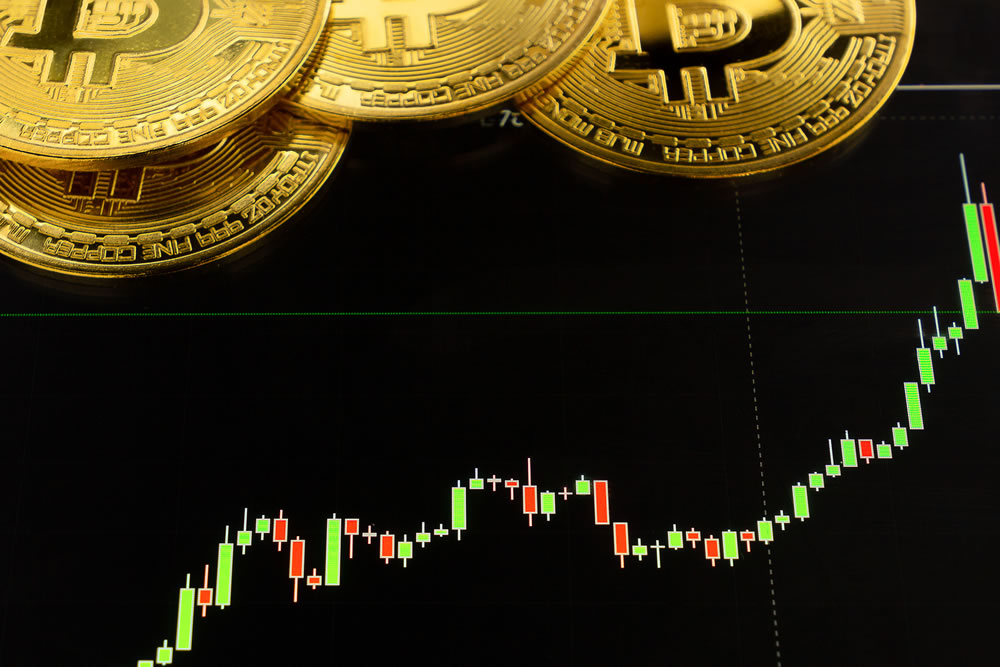
Halving in 2020
During 2018 and 2019, the price of Bitcoin wasn’t as volatile as it had been previously, and at this stage, numerous popular brands had begun to accept BTC payments, naturally fuelling the demand for cryptocurrencies.
The block reward was cut in half to 6.25 BTC, with the bull cycle that followed the most exciting yet. As a result of 2020’s halving event, there was a huge surge in the value of Bitcoin, which saw the price grow over 200% by the end of 2020. By March 2021, it had exceeded $60,000, and today, that value is continuing to climb.
The next halving event, which is pegged to take place in 2024, could well be the most exciting yet, so if you’ve been sitting on the fence about investing, then now is a great time.
Whichever way you look at it, there’s no denying that Bitcoin and the cryptocurrencies that have followed have taken the investment world by storm – and over the next few years, we could be about to see them become a more universally accepted payment method, transforming the way we make our purchases and thus driving demand higher than ever before.












